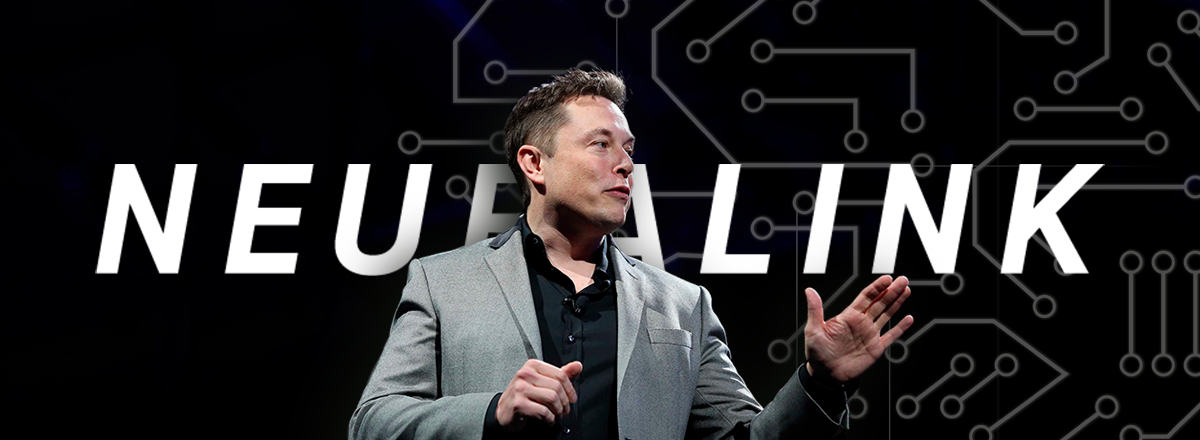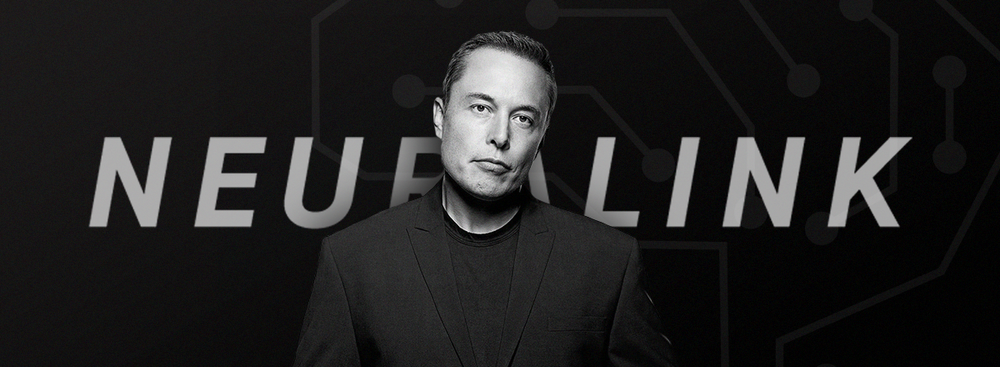In an extraordinary advancement for neuroscience and technology, Neuralink, the ambitious brain-machine interface company co-founded by Elon Musk, has secured approval to conduct its inaugural clinical study in humans. This milestone signifies a monumental step towards actualizing Neuralink's groundbreaking vision of symbiosis between humans and artificial intelligence.
We are excited to share that we have received the FDA’s approval to launch our first-in-human clinical study!
— Neuralink (@neuralink) May 25, 2023
This is the result of incredible work by the Neuralink team in close collaboration with the FDA and represents an important first step that will one day allow our…
Neuralink has been making waves with its bold exploration into the realm of brain-computer interfaces (BCIs). Its endeavors aim to create high-bandwidth, implantable devices capable of addressing many neurological conditions, such as Parkinson's disease, Alzheimer's, and even spinal cord injuries.
The US Food and Drug Administration's (FDA) approval of Neuralink's first-in-human clinical trial opens the door for the company to demonstrate the practicality and safety of its technology in humans. Though the precise details of the study have yet to be released, it's understood that the initial focus will be on patients with severe spinal cord injuries.
At the heart of Neuralink's technology is a device called the "Link." This chip, approximately the size of a coin, is designed to be implanted into the brain by a surgical robot. It works by recording and decoding the electrical signals sent by neurons in the brain, enabling users to control devices or software simply by thinking.

Musk, a visionary entrepreneur and the driving force behind Neuralink envisions this technology as a therapeutic tool for neurodegenerative disorders and a means for humans to keep pace with advancements in artificial intelligence. He believes the fusion of biological and digital intelligence could lead to an unprecedented enhancement of human cognition.
This is a significant leap forward in the ongoing journey to bridge the gap between the human brain and technology. However, it's important to note that we are in the early stages of this endeavor, and success will be contingent upon rigorous scientific testing, ethical considerations, and regulatory approval.
To conclude, Neuralink's approval to commence its first human clinical study is a landmark moment in neuroscience and technology. As we stand on the precipice of this new frontier, the potential implications of this technology on healthcare, human potential, and our relationship with artificial intelligence are profound and tantalizing.


















